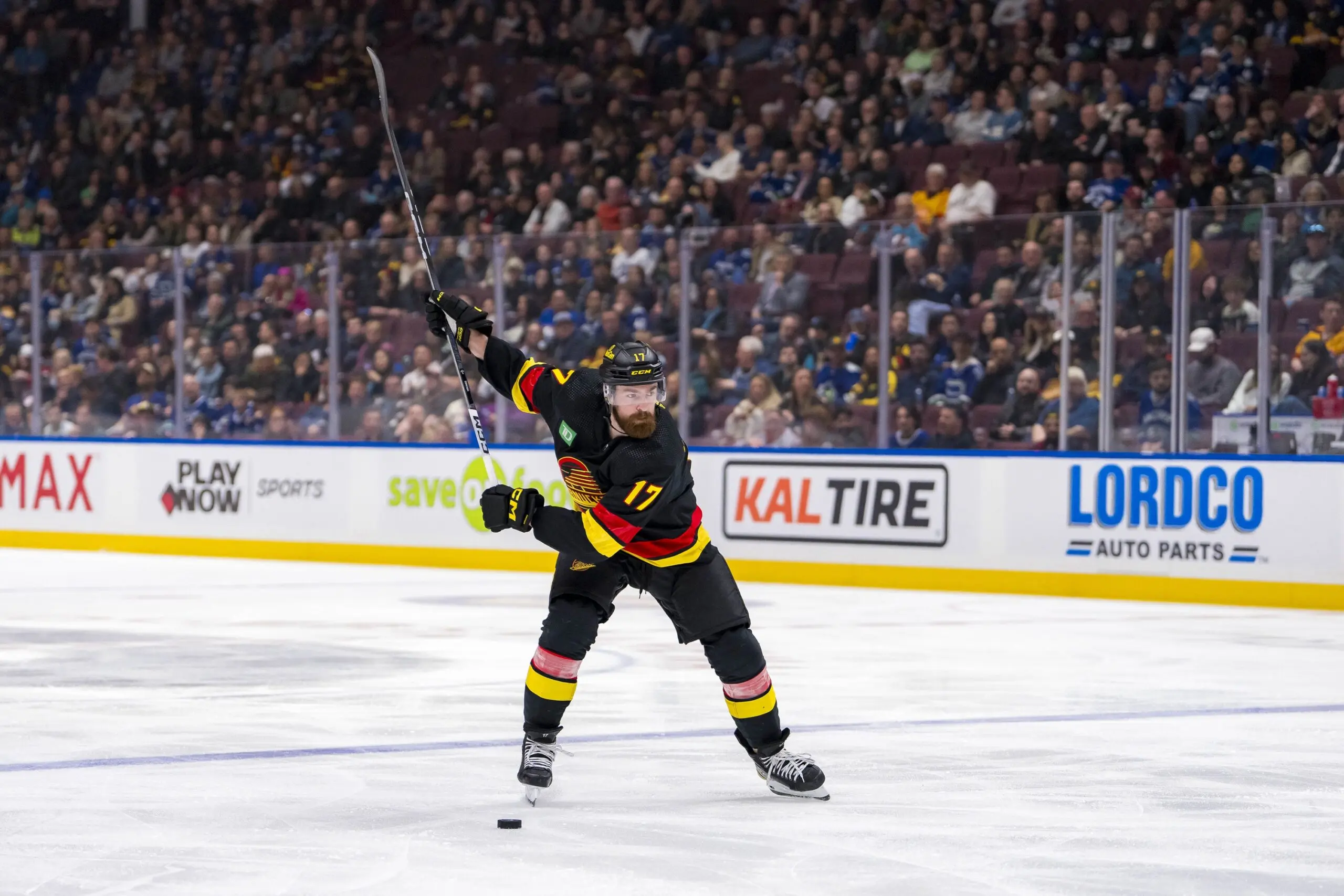Why Filip Hronek’s contract looks good now and could look even better very soon
Photo credit: © Bob Frid-USA TODAY Sports
By Michael Liu
4 months ago
Keep scrolling for the next article
Breaking News
- Takeaways from the Canucks’ win vs. Philly: Canucks Conversation
- Scenes from Canucks practice: Maintenance day for Miller and new power play lines
- What might the Canucks’ lines look like once Dakota Joshua returns?
- NHL PDO Watch 2024/25: The Canucks are back to the middle of the pack
- JPat’s Monday Mailbag: Figuring out the optimal Canucks lines when injured players return
